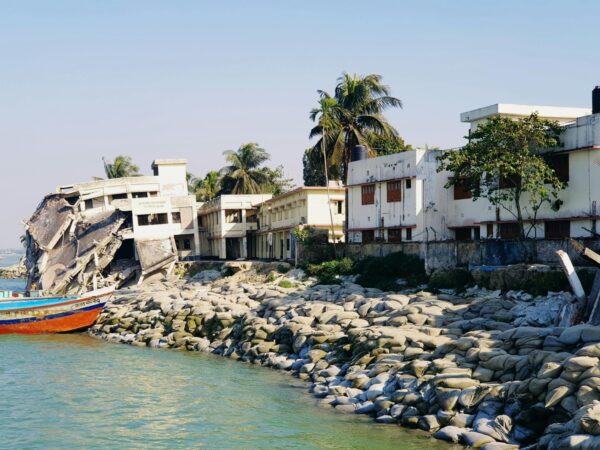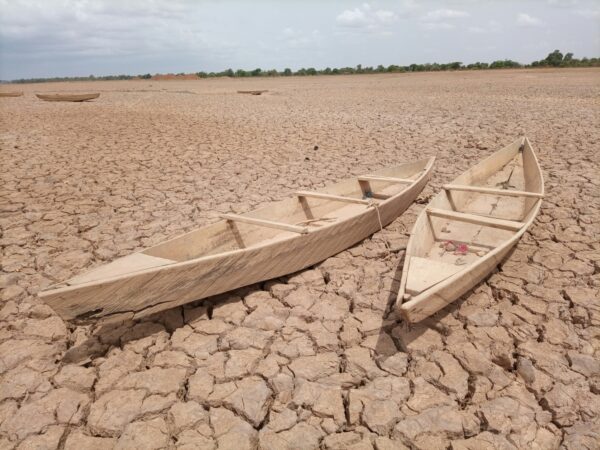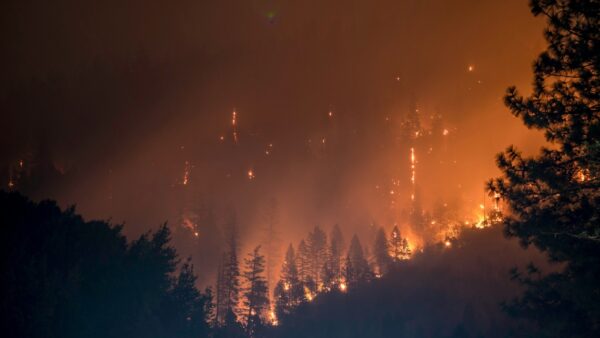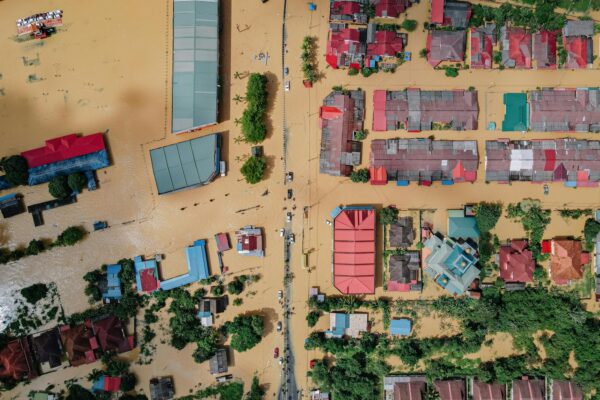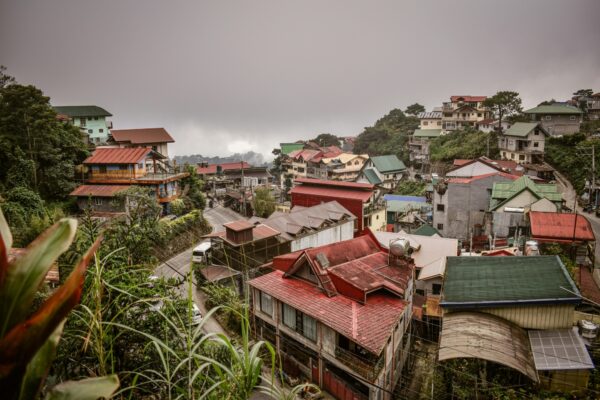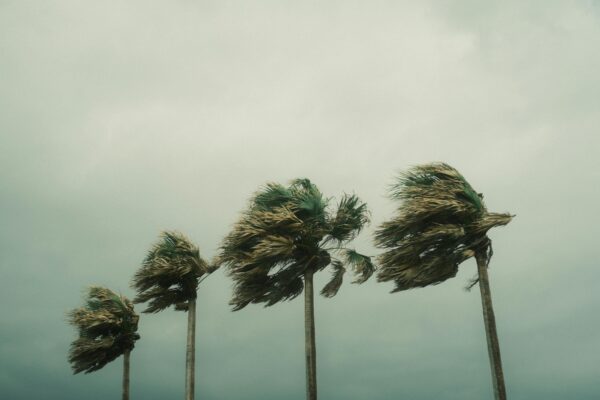Climate justice and loss and damage: Hurricane Dorian, Haitians and human rights
Authors
Adelle Thomas, Lisa Benjamin
Share

Geographical place, socioeconomic status and citizenship matter in the context of climate change. The most vulnerable members of society are frequently the ones hardest hit by climate-induced extreme events. Vulnerable communities often live in climate-exposed locations, and have access to fewer resources to prepare for and respond to disasters. This is the case for Haitian migrants in The Bahamas—vulnerable communities located within a climate-vulnerable country.
Haitian communities were the locus of the majority of deaths and missing people attributed to the 2019 Hurricane Dorian and faced a series of distributional, procedural and recognition injustices. We investigate the historical factors and contemporary conditions of Haitian communities in The Bahamas that resulted in significant inequities, disproportional impacts and infractions of human rights by the Bahamian government.
We show how this experience complexifies discourse on loss and damage and climate-induced migration in small island developing states and exemplifies the need for human rights approaches to loss and damage that incorporate multi-scalar dimensions of climate justice.

